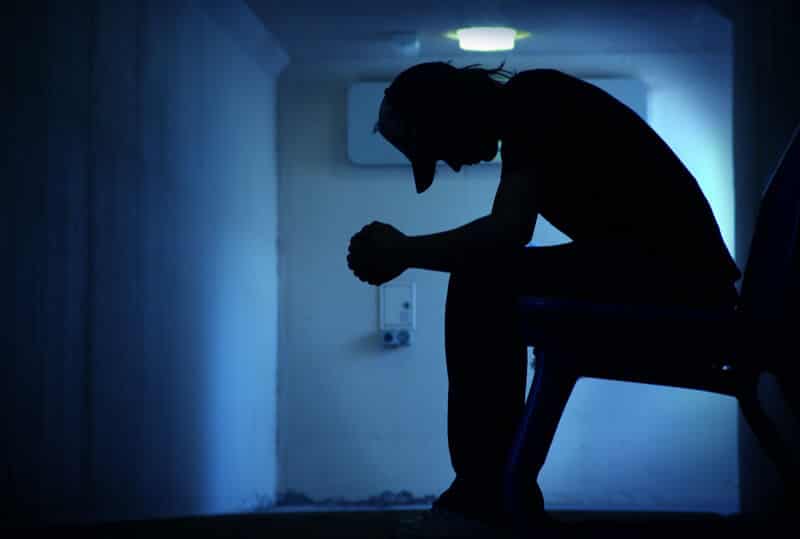With addiction, the addict becomes caught up in a viscous cycle, and he/she is unable to break from of the addiction. Understanding this cycle of addiction helps you realize the causes and issues associated with this disease.
- Obsession
The first stage of the addiction cycle is obsession. You experience an intense euphoria (reward) with drug use. The substances help you cope with problems and stress. With obsession, you want to re-experience that first high over and over, and nothing else in life offers any relief or pleasure. In addition, you neglect your family and self with the obsession stage, drugs becoming your number one priority.
- Insanity Develops
Drug abuse interferes with the brain’s communication system. You do not make logical judgements, rational decisions, and sane choices when using a drug or alcohol. In addition, it is hard to distinguish reality from fantasy, which is a form of denial. Other manifestations of insanity include:
- Selfishness – You want to feel normal and could care less who is hurt.
- Use of defense mechanisms – These include anything to rationalize the consequences of drug addiction, such as manipulations, dishonesty, justifications, minimization, and intellectualization.
- Grandiosity – Thinking you are special, different, smarter, and better than other people.
- Chaos – Your life is unmanageable and chaotic. You cannot rely on yourself to make a rational decision.
- Cravings Develop
Drug abuse changes the brain’s structure and function. Brain nerve cells receive, send, and process information that is abnormal, and the brain is actually physically dependent on the drug. Slowly, the brain requires the drug to function normally. In a recent study, researchers conducted a large review of the impact of opioids on the endocrine system. They found that these substances induced central suppression of secretion of gonadotropin-releasing hormone (GRH), which resulting in fatigue, depression, infertility, low libido, anxiety, and loss of muscle strength. They concluded that non-opioid management of pain be used to prevent these problems.
- Tolerance Develops
The brain adapts to the substance and builds a tolerance. This means you require more and more of the drug
to feel normal. Tolerance causes loss of emotions, problems with feelings, and changes in morals. With tolerance, you are no longer able to respond to the drug in a way a normal person would. The development of tolerance is not addiction, but many drugs that cause tolerance also lead to addiction. Opioids bind to certain brain receptors, triggering the inhibition of the enzyme adenylate cyclase. This causes abnormal brain cell function.
- Experience Hopelessness
With addiction, you are not aware of the disease. You think you are bad or just a weak person, causing feelings of guilt, shame, and regret. Drug use gives you the illusion of power, and you often make sincere attempts to not use again. Feelings of hopelessness develop, causing you to continue using as an escape.
- Reaching Rock Bottom
In recovery, rock bottom is a phrase use to describe total loss. You lose your job, your family, your assets, and sometimes, your freedom. The cycle is repeated over and over again until you do reach rock bottom. Ending up in an institution or killing one’s self are examples of what could happen if you choose to continue with the cycle of addiction.
Call Pacific Bay Recovery for top addiction treatment in San Diego today!
Resources
Katz N & Mazer NA (2009). The impact of opioids on the endocrine system. Clinical Journal of Pain, 24(2), 170-175.
National Institute of Drug Abuse (2016). The Neurobiology of Drug Addiction. Retrieved from: https://www.drugabuse.gov/sites/default/files/1922-the-neurobiology-of-drug-addiction.pdf


